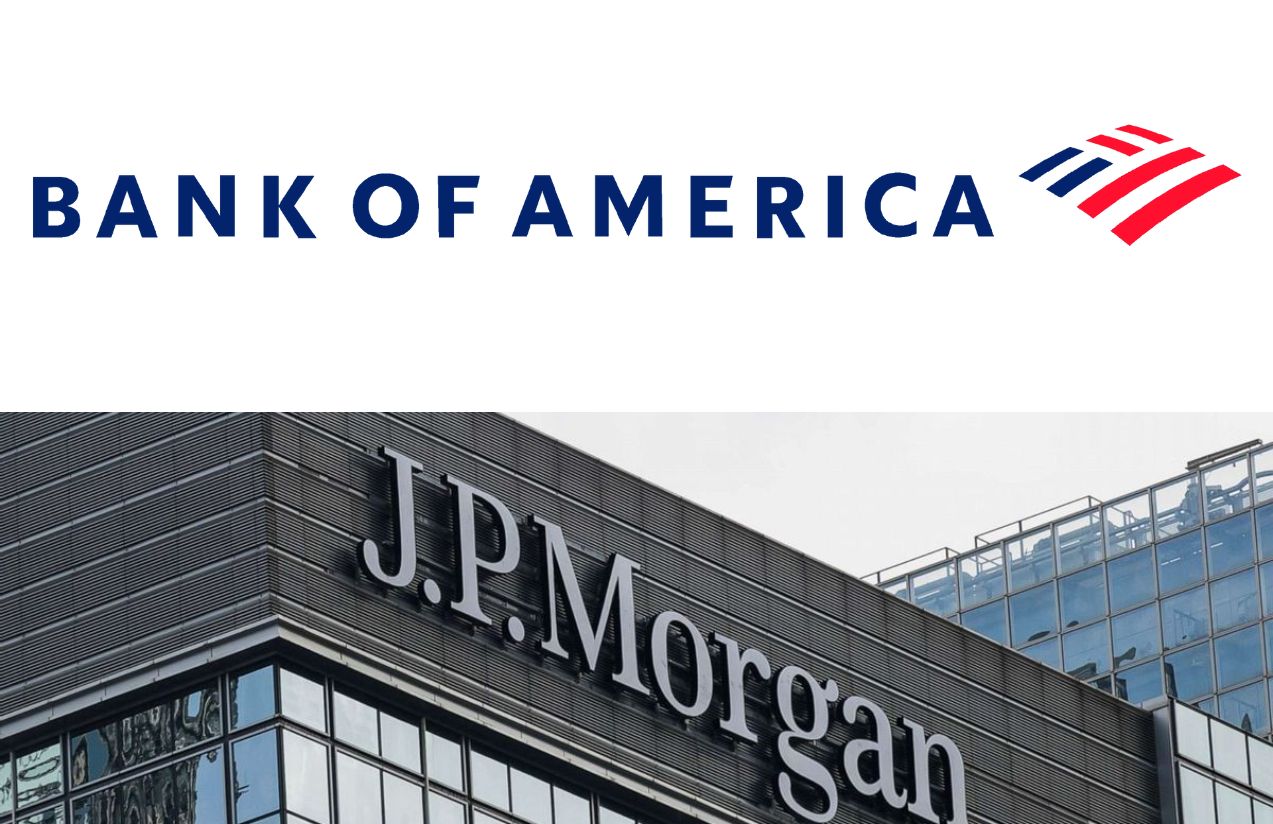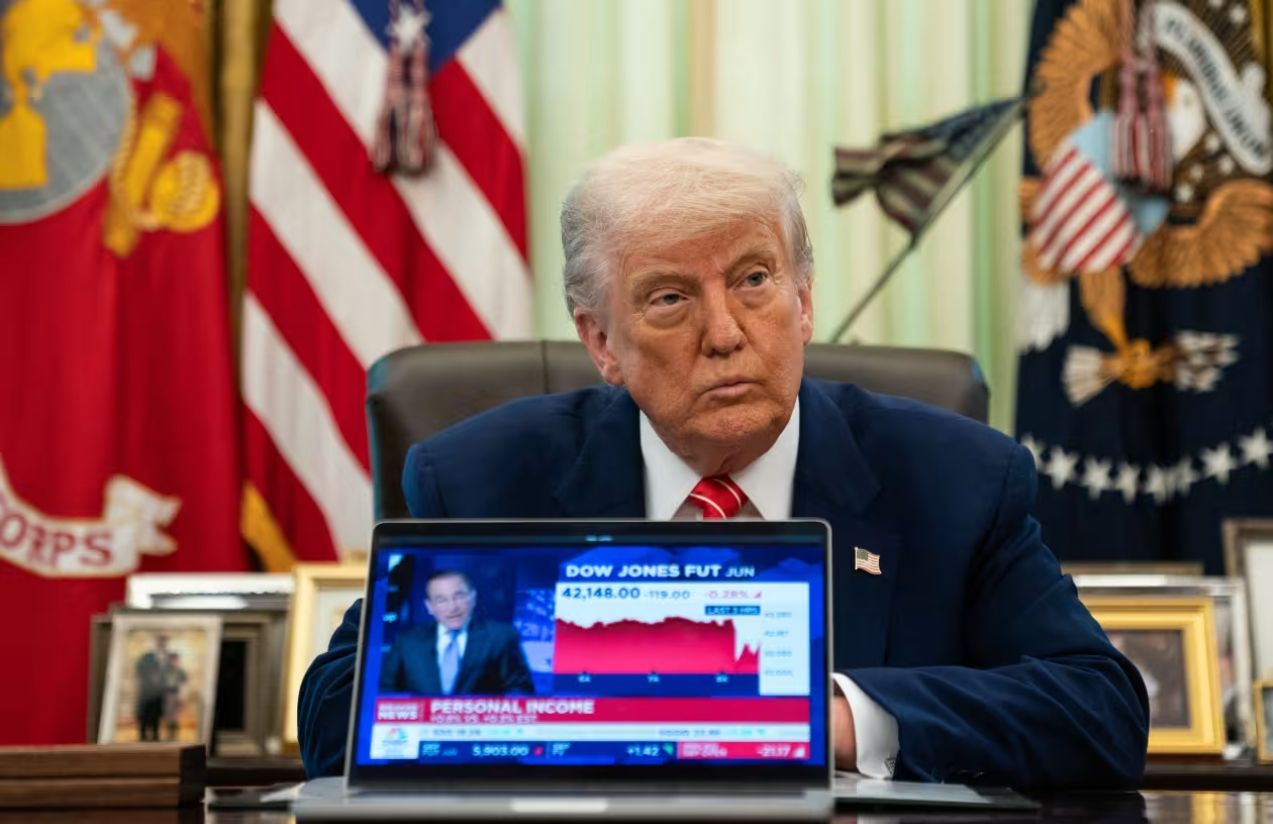In a recent interview with CNBC, former President Donald Trump claimed that two of the largest banks in the United States, JPMorgan Chase and Bank of America, denied him financial services for political reasons after he left the White House. According to Trump, JPMorgan gave him 20 days to close accounts he had held for decades, while Bank of America allegedly rejected a deposit exceeding $1 billion.
Trump stated that the refusals forced him to split his money across numerous smaller banks, arguing that he had been systematically discriminated against due to his political stance and conservative identity. He also alleged that regulators under the Biden administration had pressured these institutions to cut ties with him, citing “reputational risk” as the justification.
JPMorgan has denied closing accounts for political reasons and suggested that regulatory reform is necessary. Bank of America, on the other hand, declined to comment on the accusations.

The government has responded swiftly: according to inside sources, a draft executive order is being prepared to investigate potential cases of politically motivated debanking. It would also review how banks use reputational risk as a basis for denying services. Penalties or sanctions may be imposed if improper practices are uncovered.
What consequences could Trump’s allegations have for the banking system and financial regulations?
They could spark a major review of account closure policies and the use of terms like “reputational risk” as justification. If the executive order is signed, it would send a clear message: banks cannot deny clients based on political affiliation. It would also fuel legislative efforts to limit banks’ discretionary power in financial decision-making. Experts believe this could lead to more transparency in customer-bank relationships and reduce the potential for financial exclusion based on ideology.












